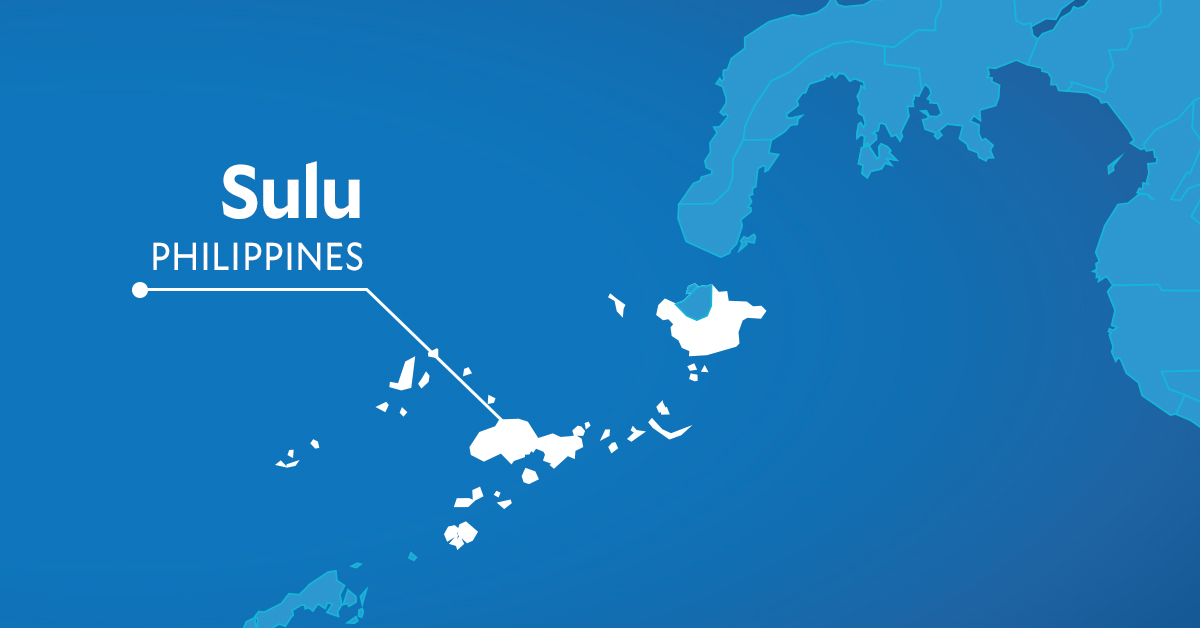MANILA, Philippines — The Supreme Court has unanimously upheld the constitutionality of the Bangsamoro Organic Law (BOL) but ruled that Sulu province is not part of the Bangsamoro Autonomous Region in Muslim Mindanao (BARMM) after the province voted against the law’s ratification.
Supreme Court spokesperson Camille Ting told reporters on Monday that the decision, a copy of which has yet to be released, is immediately executory.
In the decision penned by Senior Associate Justice Marvic Leonen, the high court granted Sulu’s petition against its inclusion in BARMM even as it dismissed challenges to other provisions of the BOL.
READ: BARMM Grand Coalition endorses Sulu governor Sakur Tan as chief minister
“As Sulu rejected the Bangsamoro Organic Law in the plebiscite, it was incorrect to include the province in BARMM,” Ting noted.
Many in the BARMM were seemingly caught flat-footed by the Supreme Court decision penned by Leonen, who used to be the government’s chief negotiator with the Moro Islamic Liberation Front.
Key figure
Leonen was among the key figures in moving the negotiations toward the inking of the Framework Agreement on the Bangsamoro in 2012 that would later expand into the Comprehensive Agreement on the Bangsamoro in 2014.
“We have not received an official copy of the decision yet, we will have a cabinet meeting tomorrow (Tuesday), and by then we can come up with an official statement,” Mohd Asnin Pendatun, BARMM spokesperson, told the Inquirer.
Enacted on July 27, 2018, the BOL established the BARMM as a political entity and defined its basic governmental structure. The creation of the region and its territorial boundaries took effect following a plebiscite, in which a majority of voters approved the law.
The plebiscite was held on Jan. 21, 2019, covering areas of the former Autonomous Region in Muslim Mindanao (ARMM), along with Isabela City in Basilan and Cotabato City.
Another plebiscite followed on Feb. 6, 2019, in Lanao del Norte, select municipalities in North Cotabato, and other areas seeking voluntary inclusion in the BARMM.
While the majority of ARMM voters ratified the law, it was rejected by Sulu’s electorate. Despite this, the province was included in the BARMM, prompting them to challenge the decision in the Supreme Court.
Constitutional issues
“The court ruled that the Bangsamoro Organic Law is constitutional because it does not establish BARMM as a separate state from the Philippines. The law does not grant BARMM the power to engage in foreign relations or its own sovereignty,” Ting said.
She further clarified that the region’s autonomy is limited to internal governance and does not imply separation from the national government.
The high court also upheld BARMM’s parliamentary system, ruling that an autonomous region is allowed to adopt a government form different from the national system, provided it remains democratic.
However, it declared unconstitutional a provision in the law that interpreted ARMM provinces and cities as voting as a single geographical unit, including provinces that voted against inclusion.
The Supreme Court said this violated Article X, Section 18 of the Constitution, which states that only provinces, cities and areas that vote in favor of inclusion in the plebiscite should be part of the autonomous region.
The Supreme Court’s Public Information Office said it would release the ruling on cases G.R. Nos. 242255, 243246 and 243693 (Province of Sulu v. Executive Secretary et al.; PHILCONSA v. Senate et al.; and Dimaporo v. COMELEC) once it receives the copy from the Office of the Clerk of Court En Banc.
In shock
Several regional lawmakers, especially those from Sulu, expressed shock upon knowing about the high court ruling but preferred not to give any statement yet.
Sulu Gov. Abdusakur Tan is widely expected to lead the BARMM Grand Coalition in the first ever parliamentary elections in 2025, being its bet to become the next chief minister.
Tan has not yet issued a statement as of Monday afternoon.
In the 2019 plebiscite to ratify the BOL, Tan led the charge against Sulu’s inclusion into the BARMM.


